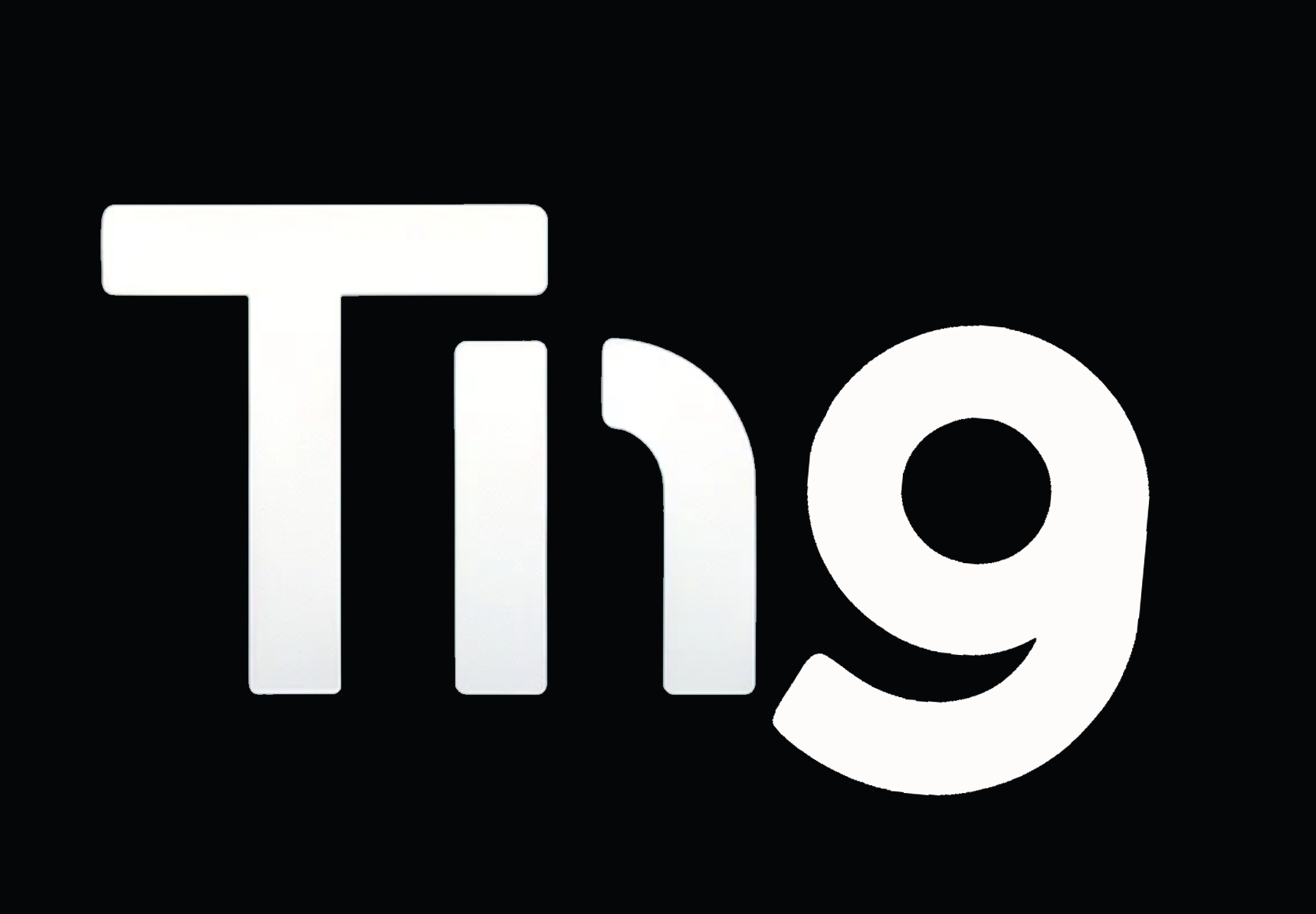Solution
Prioritize the display of the pictures of cleaning robots
We iterated 5+ plus versions of the workflows and user interfaces. Finally, we decided to provide users with high-quality images of cleaning robots so that even users who can not understand English can also identify which cleaning robot they purchased to download the proper digital owner guide.

design Process
Easy to kick off but challenging to succeed
After knowing that the website does not allow auto-geology fences, I ideated a couple of solutions to help users efficiently download the digital owner guides, and discussed with product managers their pros and cons. The original user journey aims to guide users to select a country first. Based on this proposal, the design is as followed:

Design Process
Where do the challenges come from?
Challenge1: Restraints on page translation
After reviewing the first version of the design, we believe it becomes efficient within only three steps. Instead of giving users a search bar for typing the owner guide they need in their language, a couple of drop-down components with country flags are more recognizable for the global user to overcome the language barrier.
However, we can't adopt this design. After knowing we only have 12 pages fully translated out of 30 languages belonging to countries of the EMEA group, the abandon of the first proposal makes sense. But this means when users click on the drop-down menu, they will figure out a bunch of unavailable languages. So it would be meaningless for users to start with picking a country at this stage.

How did I overcome this challenge?
It is frustrating that the proposal can not access. But I keep thinking of any solutions not only usable but no needs to translate the whole page for EMEA users to understand. After identifying which resources are available, I sketched out two proposals and presented them to teammates. Finally, both me and PM agreed on displaying the detail of the cleaning robots for helping users to overcome the language barrier. (right-hand proposal).

Challenge2: Similar robots appearance
However, it seems like users can't only count on the images to identify their cleaning robots. Therefore, it needs to add some titles or descriptions for better explanation. I pulled up some critical and commonly used translations for the name of the robot categories, and hide the rest of the translation under the chevron button.
How did I overcome this challenge?
At this point, the only concern is how we guide users to take proper action and encourage them to move forward. As digging deeper into this project, we figured out the "Quick Start Card" might be our second chance to promote their understanding.

Quick Start Card, a printed paper translated into corresponding languages will be shipped along with the robots to certain regions. I redesigned the card to give users a general intro before they lands on the web pages and made some vivid illustrations to avoid overwhelming descriptions.
The results
Due to the priority of the request, we pushed off the launch plan of this feature and worked on the iRobot product pages of newly released robots. Although we bumped across lots of challenges through the middle of the project, the good feedback I received from the stakeholders validates the solution is accessible and usable, which gives me a lot of confidence in my expertise.









